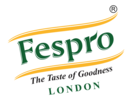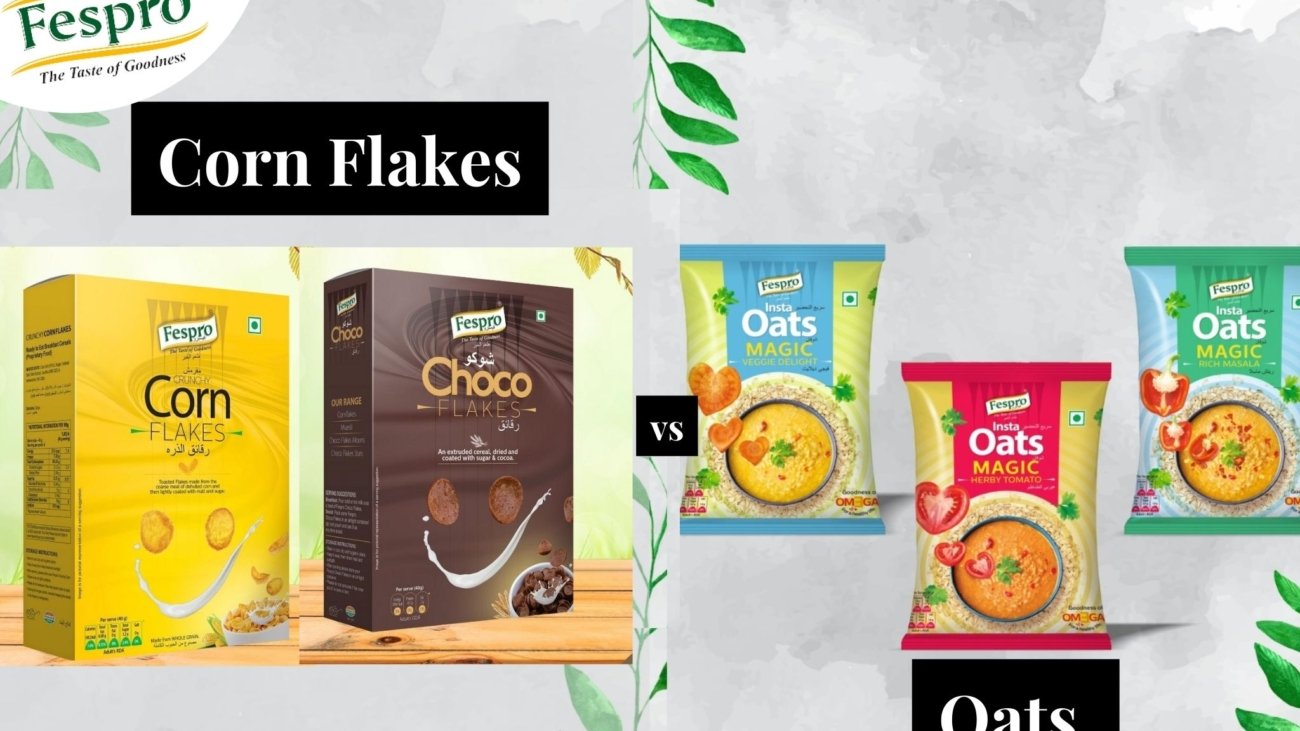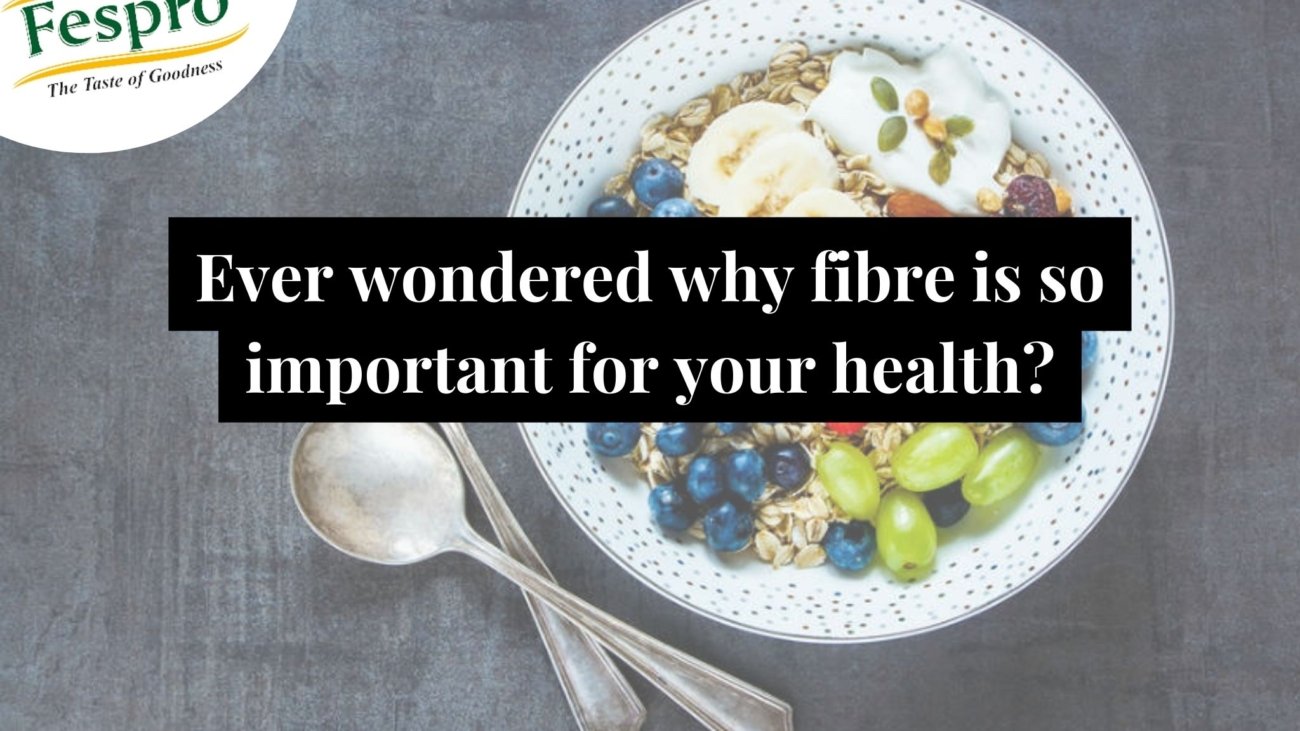Oats and cornflakes are healthy breakfast options that keep you satisfied for a longer time. However, the cereals’ nutritional makeup varies.
Oats and cornflakes are well-known foods that are simple to prepare and have good digestion.
But which one is the better option in terms of health? Let’s look at their nutritional profiles so you can choose which one to have for breakfast daily.
Oats
Fespro instant Oats are a staple breakfast cereal that provides a lot of health advantages. It is a particular grain crop and a form of adaptable food produced following various phases of preparation.
Anyone, whether they are young or elderly, may consume it. Fespro instant Oats have a high fibre content that makes them simple to digest and lowers cholesterol levels.
Cornflakes
Fespro Cornflakes are a nutritious food that is made from milled corn. Cornflakes, the world’s most significant cash crop, include iron, vitamins, sugar, corn syrup, and fructose.
Maize flakes are light and nutritious breakfast since they contain milled corn. Vitamins B, C, and D are crucial to the body and are also included in corn flakes.
Benefits of Cornflakes and Oats
Nutritional information: fespro Oats and cornflakes are packed with nutrients, so consuming them regularly will keep you healthy. Including minerals and vitamins in this morning, cereals aid in managing the body’s cholesterol levels and promote heart health.
Fibre: Oats’ fibre content makes them simple to digest and aids in preventing constipation. Even though cornflakes are not high in fibre, they are excellent for the heart and guard against intestinal issues.
Full of energy: Consuming oats and cornflakes for breakfast keeps you energised all day. Thiamine is included in cornflakes, which continues to speed up the body’s metabolism of carbohydrates and increase its energy output.
Which is better?
Although oats and cornflakes are fantastic breakfast alternatives, oats are the superior choice. Oats have 26 grammes of protein per 100 grammes, compared to 7 grammes in cornflakes.
Oats are acceptable compared to cornflakes in fibre content, having 16 grammes compared to 2 grammes in cornflakes. Calories are the only area where oats fall short. While cornflakes only have 100 calories per serving, one cup of oats has 300.
The Final Word
Combined with whole milk, cream, and almonds,fespro cornflakes and oats, are both high in protein, fibre, and vitamins, aid. Oats and cornflakes offer several health advantages and may be added to your daily diet, but only in small amounts due to the possibility of adverse effects.

 Cart is empty
Cart is empty 
